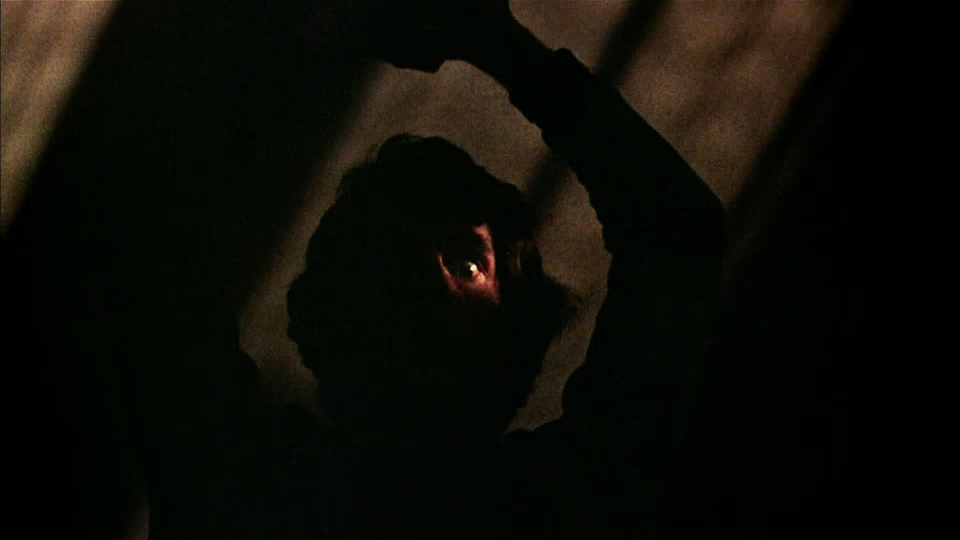Black Christmas

It’s grown on me. I wrote a snarky review in 2011 that bemoaned the final girl’s “fit of acting” as she goes up the stairs instead of out the door, but time has been kind to Black Christmas.
The plot concerns an unknown killer terrorizing a sorority house just before the Christmas holiday. Margot Kidder shines early as an alcoholic sister named Barb who answers a prank call. The caller, dubbed “The Moaner” by the girls, spits, shouts, and hisses a series of obscene, threatening rants. Barb, half-drunk, spits right back. I love this early agency.
Despite the prototypical slasher elements, the film focuses less on graphic kills and more on a theme of hidden identity.
Like the killer, we see the characters when they believe themselves alone. When their genteel facades drop, revealing their darker sides. Be it the housemother bubbling over with bitterness, or the sorority sister unwilling to surrender her ambitions in the face of impending motherhood, or her musician boyfriend’s violent temper.
Contrasting this darkness and reinforcing the sense of voyeurism is the lived-in atmosphere. From the slushy streets to the cozy sorority house rooms, the film’s world feels genuine and relatable. A touch director Bob Clark would exploit in his later film, A Christmas Story.
And so, despite the frustrating finale, I keep coming back to Black Christmas. It’s not perfect, but it grows on you.